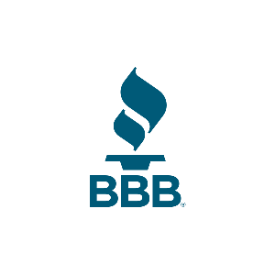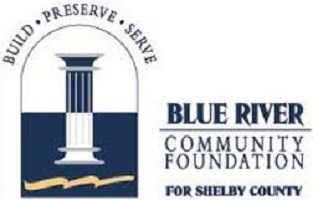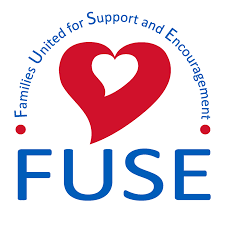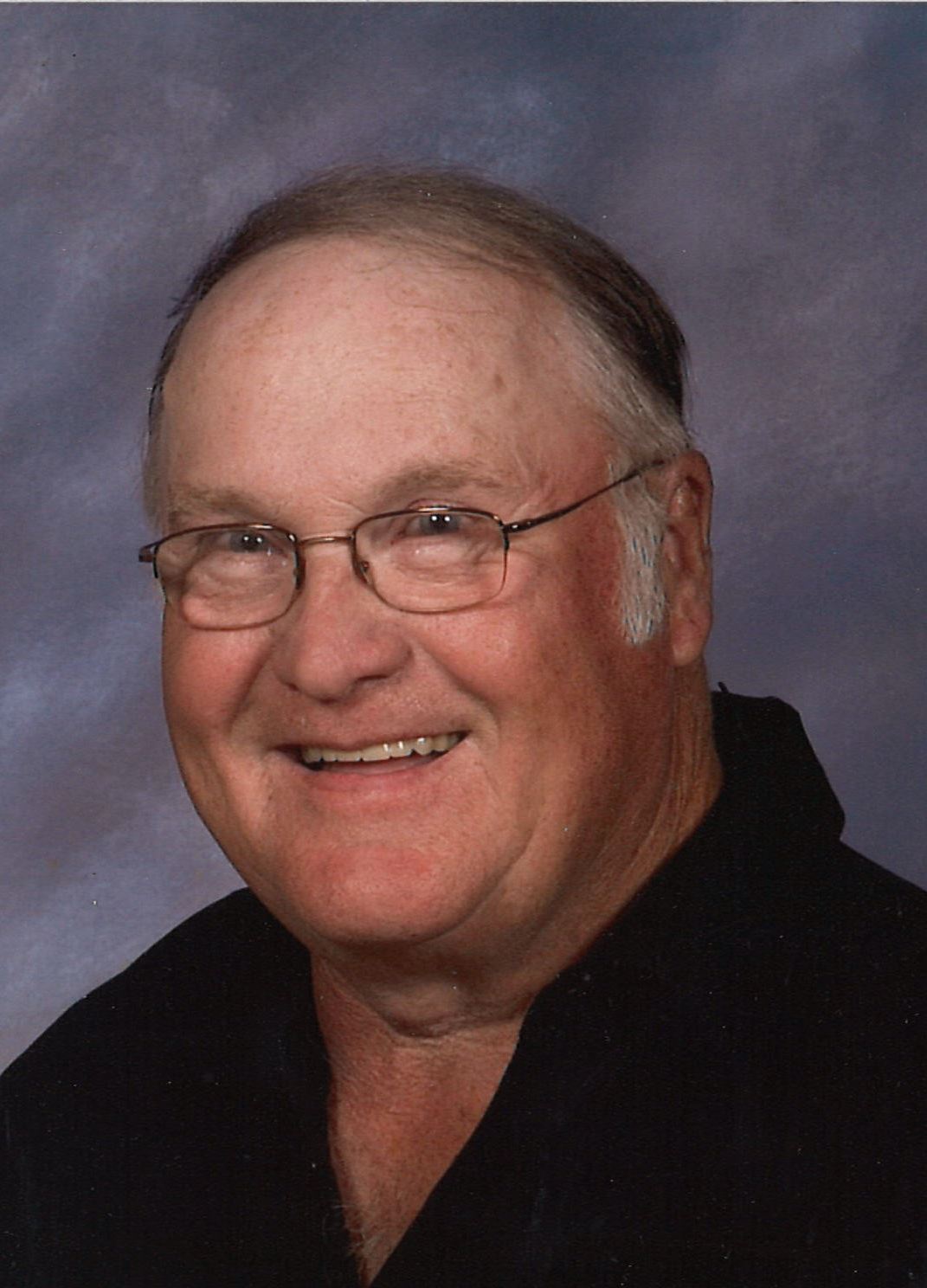The Shelby County Master Gardeners Association, in cooperation with Purdue Extension, will host their first annual Walk-N-Talk on Thursday, August the 8th (8/8/19). This will be followed by a Butterfly Workshop. You, too, can learn how to build your own backyard habitat for butterflies.
As the name implies, we will start our first ever Walk-N-Talk by touring some of the gardens and pollinator beds in the downtown area. For the tour, we will meet at 3:30 in the new Japanese Garden on 151 West Washington Street. We will walk to several nearby gardens and pollinator beds. Please dress for the weather and wear comfortable shoes. The walk will be rescheduled if thunderstorms are present or imminent. Contact the Purdue Extension Office (listed below) if you are uncertain.
At 6:30 PM, rain or shine, our guest speaker from Huntington Indiana, Purdue Extension’s Karen Hinshaw will host the Butterfly Workshop at the Purdue Extension – Shelby County office (1600 E State Road 44, Ste C). This workshop will feature butterfly life cycles, butterfly facts & myths, and information on how to attract butterflies to your garden/yard. Butterfly eggs, caterpillars in various stages and butterflies may be available for viewing as mother nature permits. Depending on availability, participants may be able to take home caterpillars to raise and release. Participants will learn about pollinators and how important they are to our food system.
This program is appropriate for all ages. Master Gardeners will also be available to work with youngsters to complete crafts while parents participate in the program. Please call the Purdue Extension office at 317-392-6460 or e-mail at shelbyces@purdue.edu to register for the evening program. Registration is preferred. Space is limited. Those that register will receive priority seating.
Come join us. We’ll show you what some have done locally, give you what we can, and help you get started. Empowered with a few how-to’s, you can help Shelby County blossom and buzz.


.jpg)















